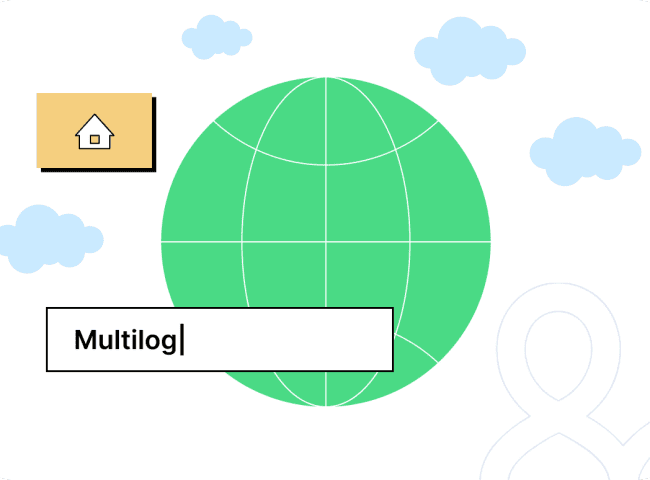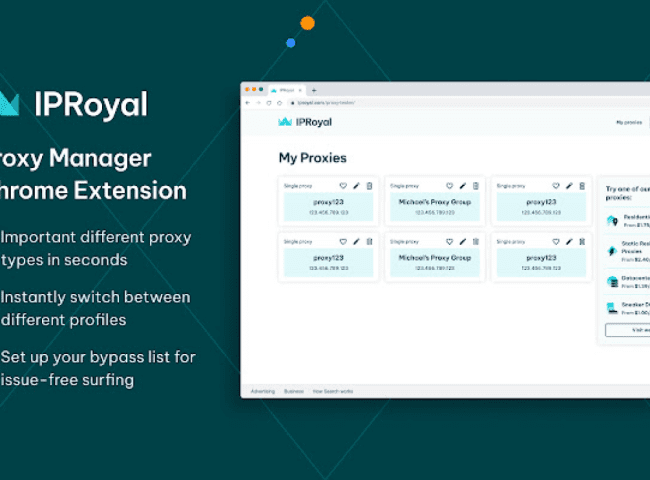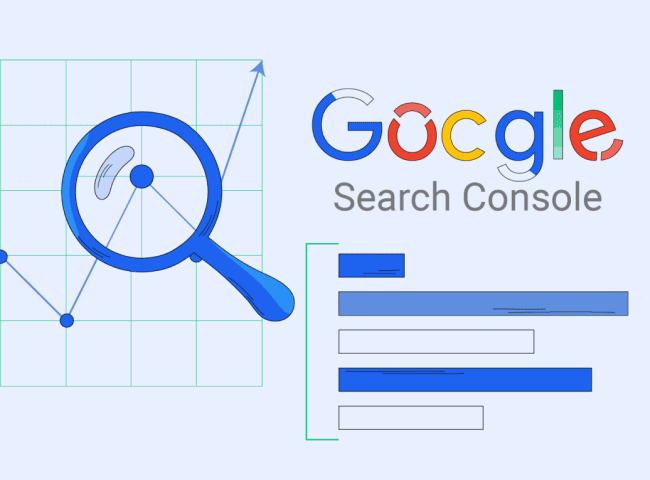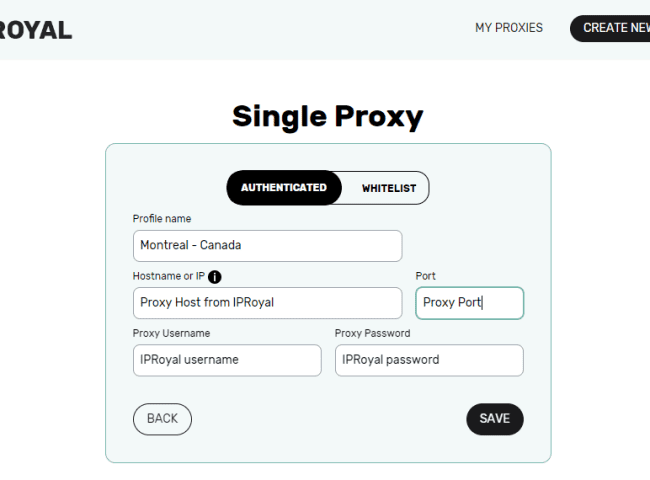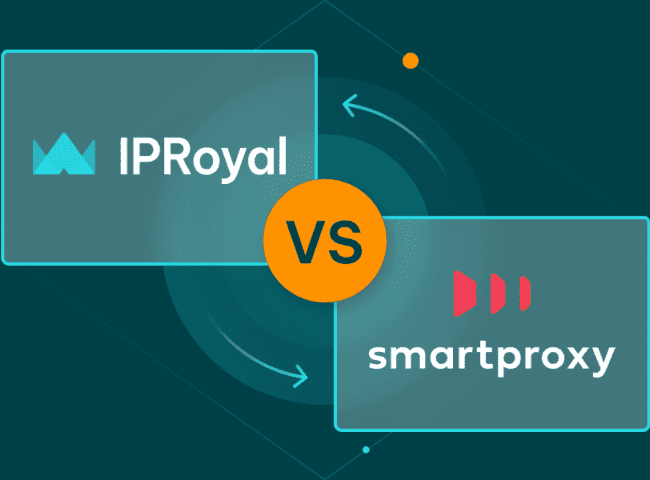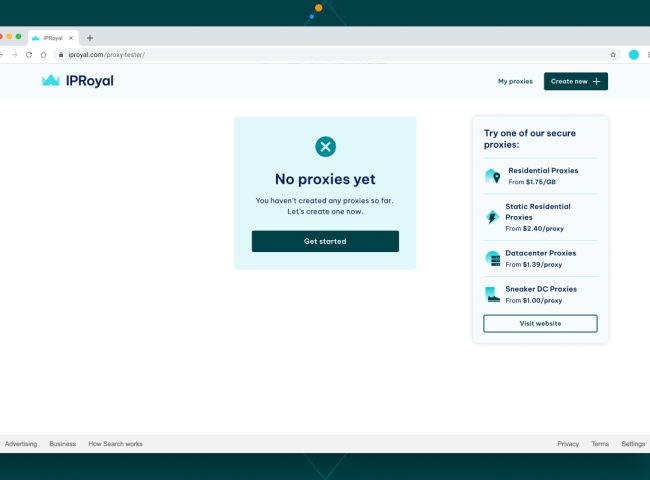Howtouseproxy Main
Up-to-date guides and proxy provider reviews
Information on how to use proxies, data-driven research, and in-depth educational content.
- Data-driven research
- In-depth educational content
- Comparing various proxy provider
- Risks of using proxies
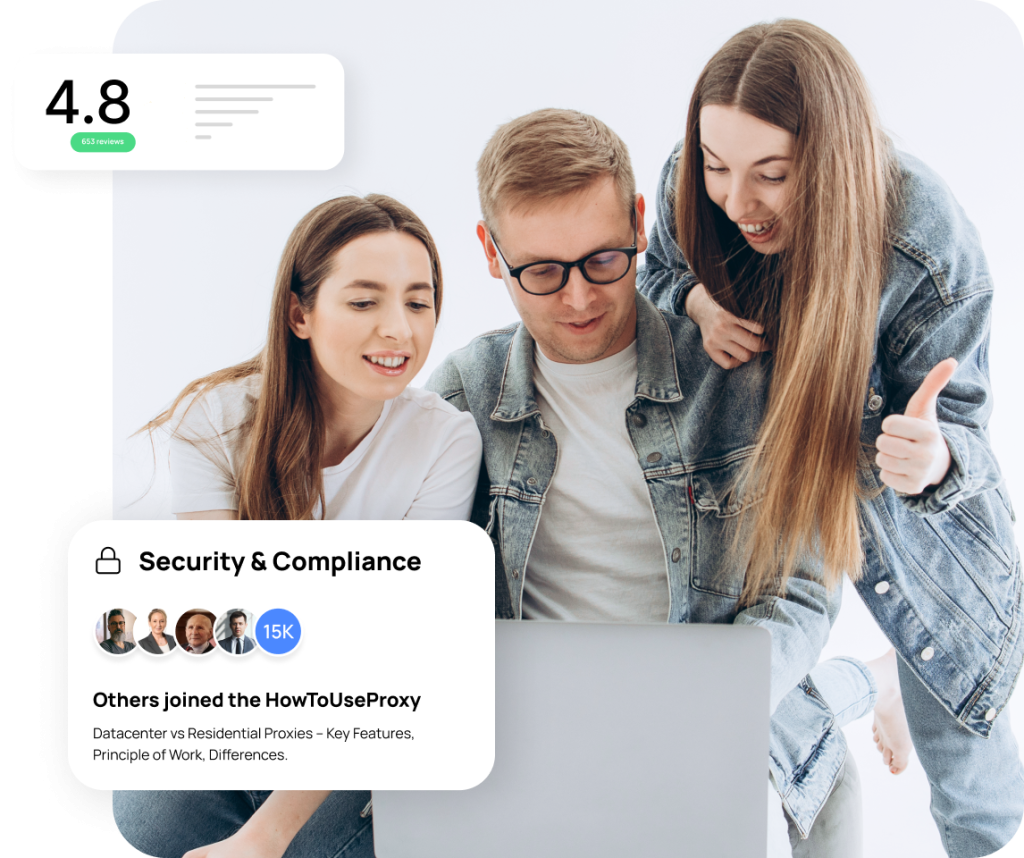

Technical specialists, quality assurance pros, researchers
Each member of our think-tank is a whiz in their field
We analyze hundreds of metrics automatically
Top Best Proxy Providers in 2023
This is our top-reviewed proxy providers in the year 2023. With HowToUseProxy, you always have a great many options to choose from:
- 40+ million residential IP addresses
- Relatively fast connection speeds
- Easy to configure
- User-friendly proxy management
- Instant Allocation of Proxies
- One Free Swap
- Excellent Customer Care
- Option To Trial 3 Proxies For 7 Days
- Gather data from any website
- Secure and stable infrastructure
- User-friendly interface
- Modern proxy solution
- Fastest VPN around
- Full IPv6 support
- 100% independent provider
- Best streaming experience
Top 10 Best Proxy Providers Analysis
Anti-detect Browsers
Bandwidth Sharing
How Do Best Proxy Servers Work?
When you visit any site, a request to access it is first sent to the proxy server. The technology changes your IP, replacing it with the address of a third-party server. Then, you get access to the website without revealing your data since you interact with it through an intermediary. If you receive requests or notifications from the platform, they will also go to the proxy server first.
In other words, a proxy works as a filter: your information will not leak, and third-party websites will not be able to bother you with unnecessary requests, ads, or spam. Plus, proxies allow being online from anywhere in the world and, therefore, bypassing geo-restrictions by accessing content blocked in your country.
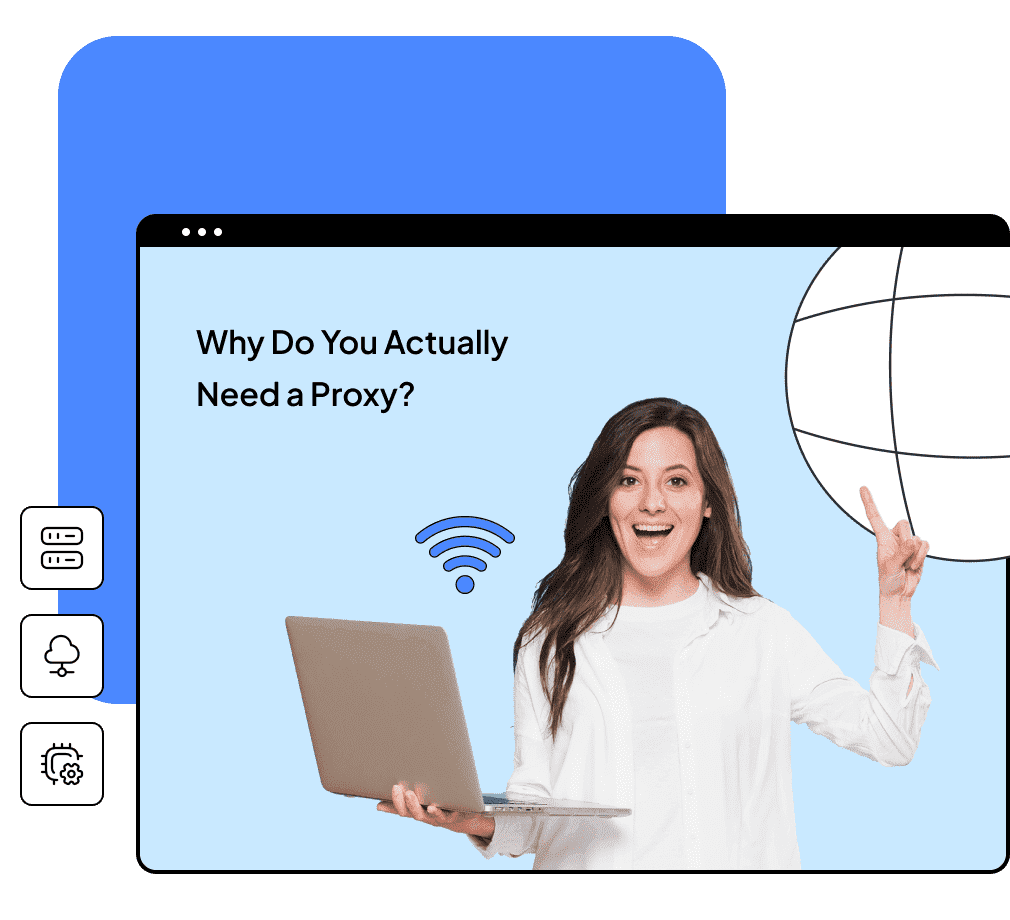

Latest Guides on How To
- 13 minutes read
- Views 1459
Increase Efficiency with Explained Smartproxy API Integration in 2023
- 14 minutes read
- Views 1096
Puppeteer Proxy: A Complete Guide For Web Scraping Essentials in 2023
- Less than a minute
- Views 6989
Comprehensive Market Research on Residential Static Proxies Pricing in 2023
- 14 minutes read
- Views 3929
Spider Network: Seamless Connectivity for Next-Generation Communication in 2023
Frequently asked questions
A proxy is an intermediary server that acts as a gateway between a user's device and the internet, hiding the user's IP address and providing various functionalities.
Proxies are used for privacy, access control, content filtering, and caching purposes.
A residential proxy is an IP address assigned to a real residential user, providing a way to mimic natural browsing behavior and avoid detection.
A data center proxy is an IP address provided by a data center or server hosting facility, offering high speed and reliability for tasks requiring large amounts of data or high-performance applications.
A mobile proxy is an IP address assigned to a mobile device connected to a cellular network, allowing users to mimic the behavior of real mobile users and access mobile-specific content or services.
Proxies are used for web scraping, online anonymity, bypassing geo-restrictions, ad verification, SEO tasks, and gathering data on search engine results pages (SERPs), among other applications.












